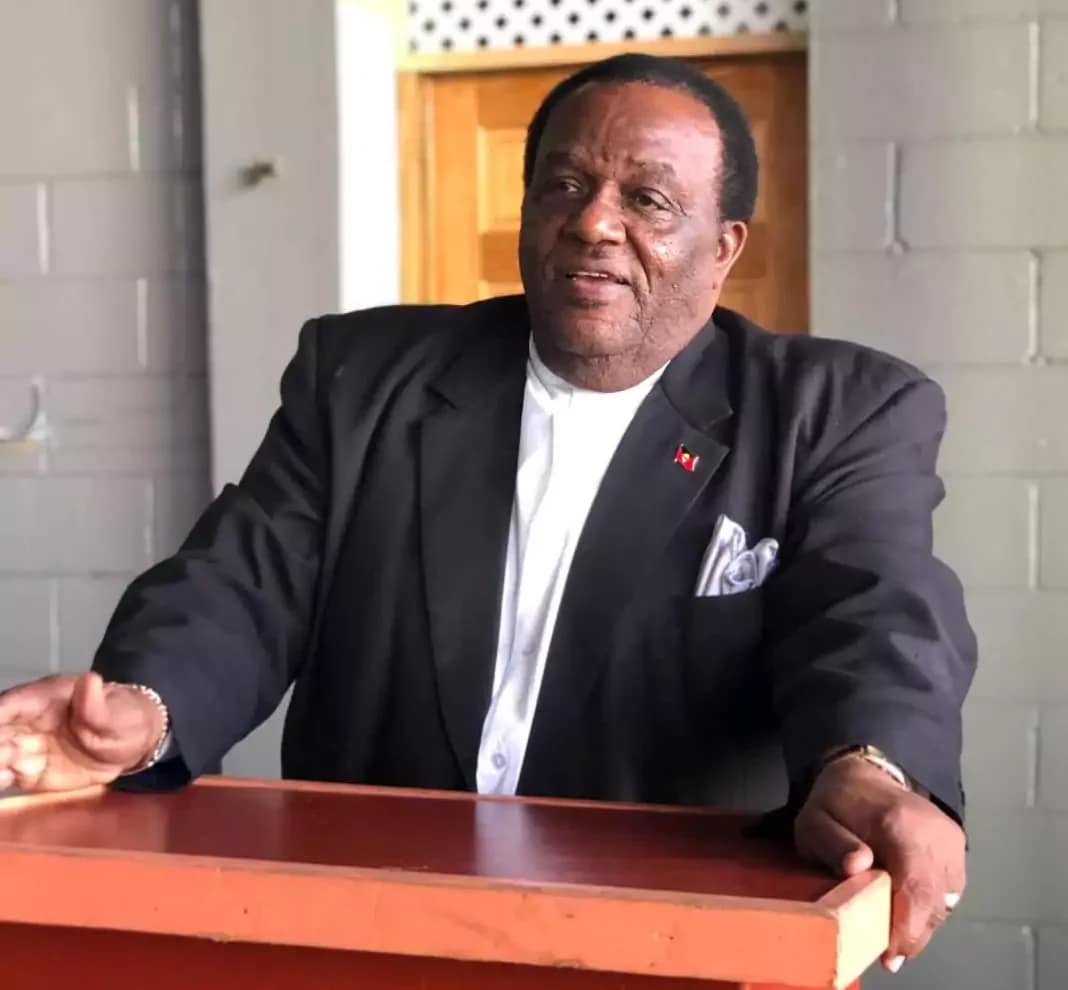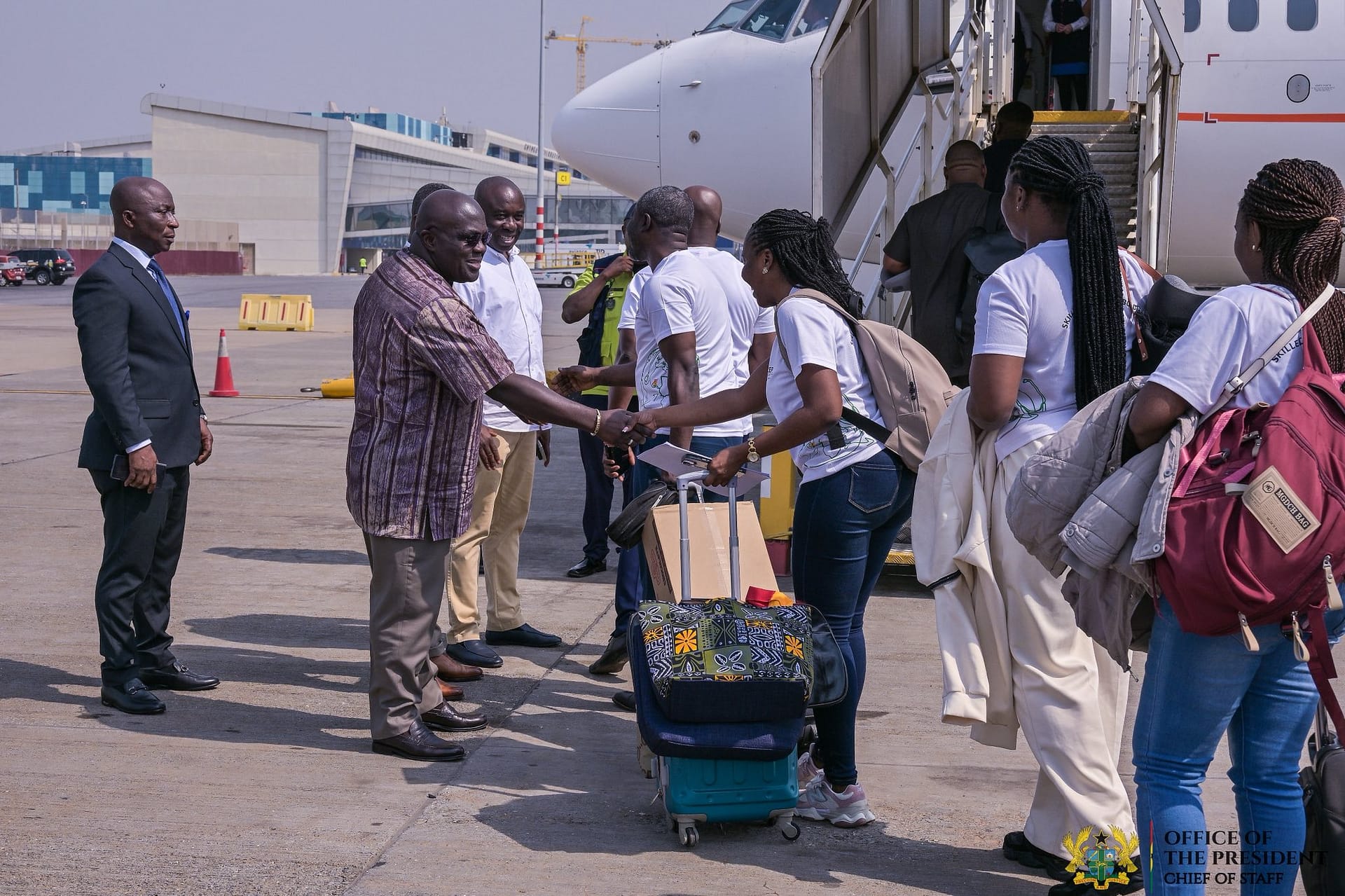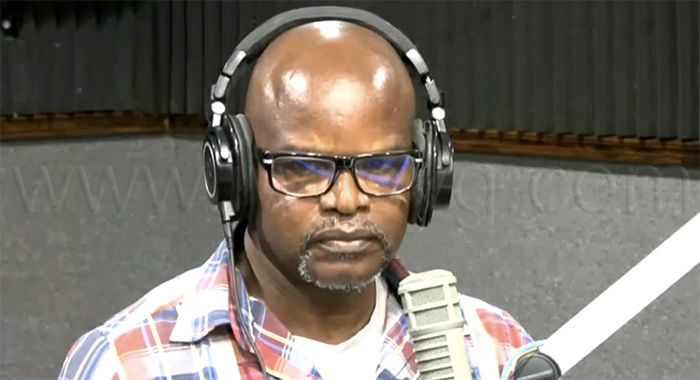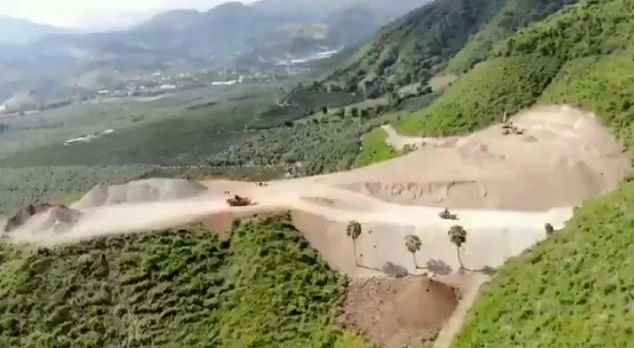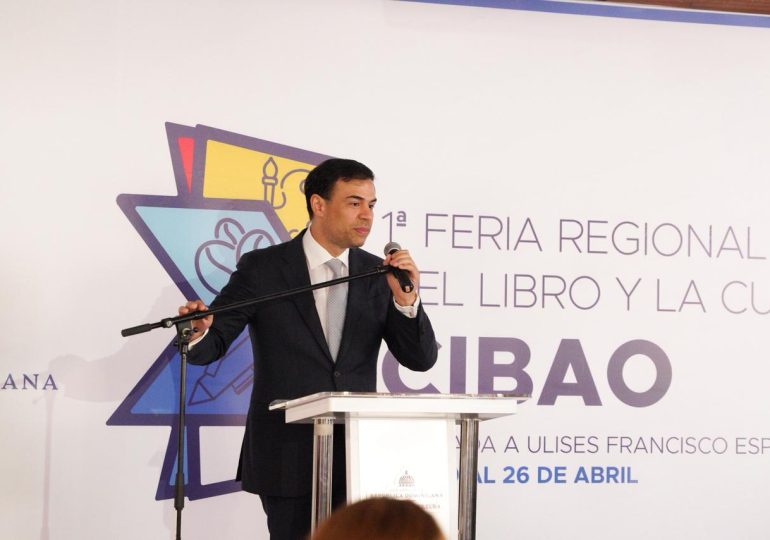Antigua and Barbuda has been selected as the host nation for the biannual Executive Committee meeting of the Council of Legal Education (CLE), scheduled for January 30-31, 2026. The high-level gathering will convene at the prestigious St. James Club and Villas, marking a significant moment for Caribbean legal education collaboration.
Established over five decades ago, the Council of Legal Education maintains its critical role in standardizing legal training across Caribbean nations while ensuring adherence to the highest ethical benchmarks within the profession. The Executive Committee functions as the primary administrative and strategic authority, directing regional legal education policies, overseeing law school operations, and formulating long-term developmental strategies.
The upcoming summit will bring together Executive Committee members and Attorneys General from throughout the Caribbean region for intensive strategic dialogues. Key agenda items include enhancing operational effectiveness of CLE-affiliated law schools, addressing financial sustainability challenges, reviewing regulatory frameworks, and advancing the broader mission of legal education excellence across the Caribbean basin.
Hon. Sir Steadroy ‘Cutie’ Benjamin, Minister of Legal Affairs and Attorney General, expressed profound honor regarding Antigua and Barbuda’s selection as host nation. ‘This prestigious gathering underscores our nation’s growing prominence in legal education leadership,’ Minister Benjamin stated, reaffirming the government’s dedication to fostering professional excellence and ethical integrity within the legal sector.
The announcement reflects Antigua and Barbuda’s established track record in producing exceptional legal talent, with numerous graduates from regional law schools achieving distinction both within the Ministry of Legal Affairs and through private practice across the Caribbean region. The government anticipates the 2026 meeting will further solidify the nation’s contributions to advancing legal education standards throughout the Caribbean community.
